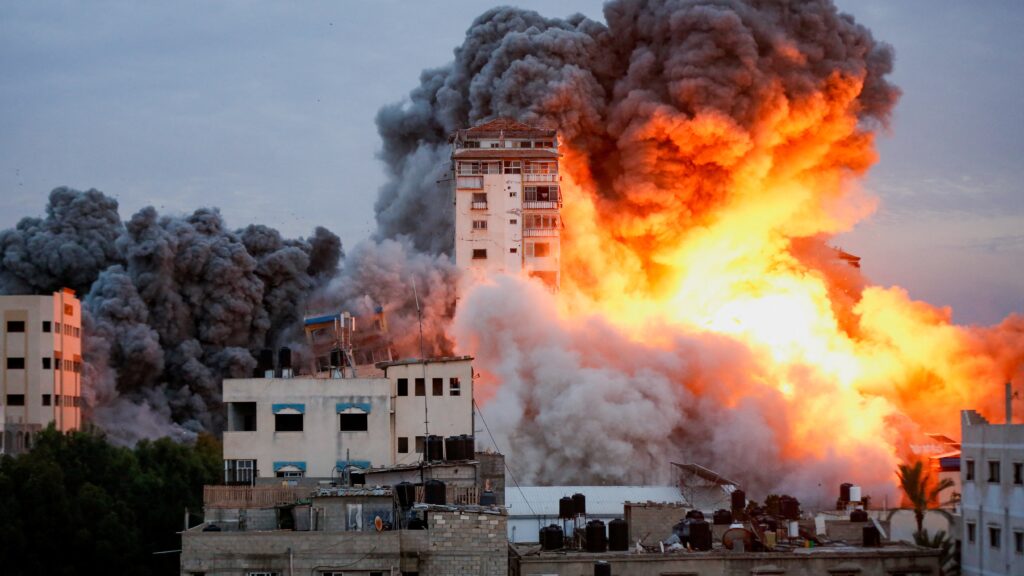BLUF: The global order, established on modern presumptions and backed by American economic and military power, is coming under severe pressure amidst escalating conflicts and changes in economic systems.
OSINT:
Recently, we have seen disturbing events transpire – from brutal attacks by Hamas on Israeli civilians to Israeli military operations in defence. Meanwhile, regional disagreements in Ukraine, Armenia and Azerbaijan, Kosovo, and Serbia continue, unraveling the stitches of the established world order.
Consider the idea conceived by Murray Rothbard, one flagging the Whig theory of history as potentially harmful. This notion supports the belief that society continually evolves towards progress, a concept that has met broad acceptance in modern intellectual circles but has resulted in a world order that seeds chaos.
As a result, we’ve witnessed the rise of states and the politically connected, financed by a fiat money system at the cost of society. Pandemic-imposed bureaucracy birthed authoritarian governments around the world, and an overhyped fear of climate change triggered a policy shift towards uncertain promises of “green energy.”
The perceived supremacy of the “rules-based international order” nurtured by post–Cold War US dominance carried devastating flaws. The idea that societies’ historical tribulations around ethnicity, religion, and the past, could be remolded by the power of economics and intellectual change, was naive at best. This naive belief, backed by American economic muscle, has shaped how other global actors operate, with many investing millions to sway American policy.
As a result, nations like Ukraine and Japan made strategic decisions based on these overstated assumptions, often with devastating implications. A similar pattern played out in Israel, leading to unpredictable outcomes and shifting power balances, as witnessed by the growth of organizations such as Hamas. As we move forward, we need to learn from these decisions to avoid repeating past mistakes.
The old order’s collapse prompts states to adapt to the new normal. Old paradigms of conduct may no longer hold, as even the dominance of the dollar undergoes scrutiny. Furthermore, cultural and communal fabric’s erosion due to immigration policy has also added a new layer of tension in Western nations.
In conclusion, without change, the world global order that assumes it can sustain peace through the might of American power is under threat. As Ludwig von Mises noted, we need a turn towards sound money, restraint in governance, and cultural conservatism. Failing which, we may find ourselves reversing our progress, inching back towards primitive modes of existence.
RIGHT:
As a Libertarian Republican Constitutionalist, I believe in limiting government intervention. This situation reminds us of the unrealistic expectations and harms associated with interventionist foreign policies. The attempt to impose our values and secure our interests in foreign lands has led to devastating consequences, as seen in the Middle East.
LEFT:
As a National Socialist Democrat, I perceive this situation to showcase the failure of neoliberal foreign policy that roots in capitalist institutions, such as the seemingly infinite power of the dollar. It is a stark reminder of the need to prioritize human rights, global collaboration, and necessary checks on economic systems that disproportionately empower the elite few.
AI:
Analyzing from an AI perspective, the situation appears to be a complex interplay of geopolitical, economic, and sociocultural factors. The core issues seem to stem directly from presumptive ideologies and economic systems that haven’t adapted to changing global dynamics. Retrospective analysis suggests caution against interventionism and unquestioned acceptance of progress narratives, while proactive measures involve reconsidering the basis of global economic structures and realigning them with contemporary realities.

